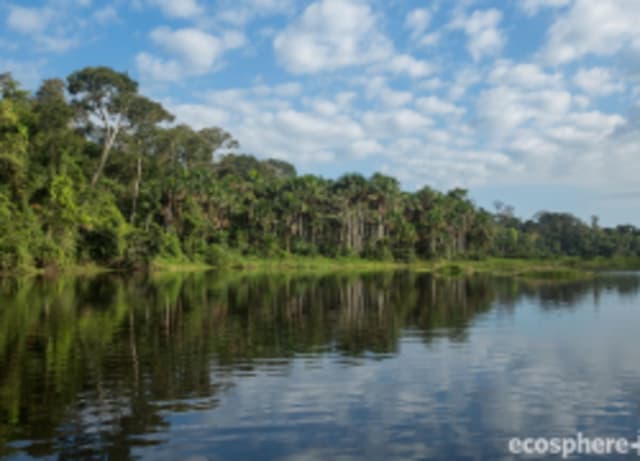Sign up. Be inspired. Get clicking.
COP30 Week 1: What has happened so far in Belém, Brazil
18 November 2025
Week 1 of COP30 in the heart of the Amazon is done, and it’s been one of the most intense openings in years. Record crowds, a missing U.S. delegation, new money flowing, and loud protests set the tone. Here’s a clear summary of everything that actually mattered.
A massive turnout – but not quite the record
This was the first COP in 30 years without an official U.S. federal delegation. California Governor Gavin Newsom showed up anyway and didn’t hold back on the criticism. Brazil had promised the most Indigenous-inclusive COP ever, yet only around 14% of registered Indigenous delegates received Blue Zone badges, the secure area where the real negotiations take place. That gap became one of the week’s biggest flashpoints.
Real money started to move
Finance dominated the headlines. The Loss and Damage Fund opened its very first call for proposals, with $250 million now available to the countries already hit hardest. Fresh reports mapped out credible ways to reach the $1.3 trillion a year in climate finance that experts say is needed by 2035. A coalition of major philanthropies also announced $300 million dedicated to the growing health threats from climate change, everything from deadly heatwaves to diseases moving into new regions.
Energy and emissions: Reasons to feel a little hope
The International Energy Agency’s new World Energy Outlook brought good news: renewables are growing at record speed, and oil and coal demand are expected to peak before 2030. Current national climate plans are finally bending the global emissions curve downward, even if we’re still heading for about 2.6°C of warming on present policies. One standout detail, China’s emissions have been flat or declining for the past 18 months, earlier than almost anyone forecast.
Forests, land rights, and carbon markets take center stage
With the talks literally surrounded by the Amazon, nature-based solutions got serious attention. Brazil’s Tropical Forests Forever Fund has now secured $5.5 billion in pledges. Twelve countries committed to locking in legal land rights for Indigenous and community territories covering more than 80 million hectares by 2030. In a potentially game-changing move, the EU, China, and others kicked off formal negotiations to align carbon-market rules worldwide.
A new global push against climate misinformation
For the first time ever, twelve countries signed the Declaration on Information Integrity on Climate, promising coordinated action to fight false and misleading climate claims online and in the media.
Protests that couldn’t be ignored
Indigenous delegations staged multiple high-visibility actions, including marching directly into the venue mid-week to demand proper access and stronger protection for forest communities. Activists also called out the new AgriZone pavilion, a space dominated by large agribusiness firms, for giving corporate interests too much influence at the talks.
Week 2 is now underway. Promising announcements are piling up, but the hard part, turning pledges into binding agreements, still lies ahead.
17 South Street
Auckland 1010
New Zealand
info@carbonclick.com- -
- X
Subscribe now to stay up to date with CarbonClick, carbon offsetting and climate action.
By signing up you agree to our Privacy Policy.


